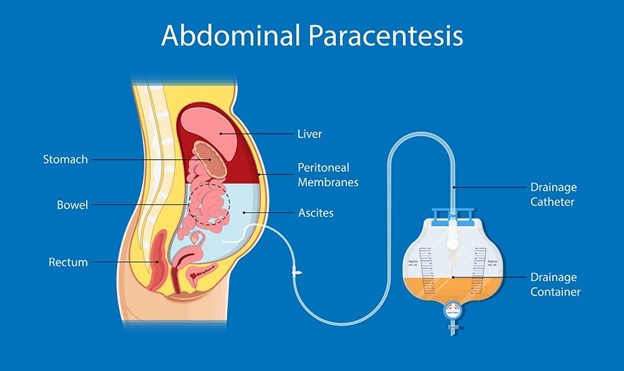A nurse manager is reinforcing teaching with a group of newly licensed nurses about the disclosure of client health information. A nurse can disclose health information without the client's written permission to which of the following entities?
An insurance agency offering a life insurance policy.
A family member who requests the client's diagnosis.
A physical therapist who is involved in the client's care.
An employer completing a pre-employment screening.
The Correct Answer is C
The correct answer is choice C: A physical therapist who is involved in the client's care.
Choice A rationale:
Disclosing health information to an insurance agency offering a life insurance policy typically requires the client's written permission due to the sensitive nature of the information being shared, including medical history and conditions.
Choice B rationale:
Revealing a client's diagnosis to a family member without written consent would violate the client's privacy rights. Health information is protected by privacy laws, and disclosure should only occur with the client's explicit permission.
Choice C rationale:
This is the correct entity to whom health information can be disclosed without the client's written permission. Health professionals who are actively involved in the client's care, such as a physical therapist, are considered part of the healthcare team and may need access to relevant health information for proper treatment.
Choice D rationale:
Disclosing health information to an employer completing a pre-employment screening generally requires the client's consent, as pre-employment screenings often involve sharing medical information that could impact the employment decision.
Nursing Test Bank
Naxlex Comprehensive Predictor Exams
Related Questions
Correct Answer is B
Explanation
The correct answer is choice B: Performance of a paracentesis.
Choice A rationale:
Administration of an enema does not require informed consent in the same way that invasive procedures do. Enemas are typically considered routine nursing interventions and are not as invasive as the other options.
Choice B rationale:
This is the correct choice. A paracentesis is an invasive procedure that involves puncturing the abdominal cavity to withdraw fluid. Informed consent is required for procedures that carry potential risks, and paracentesis falls into this category due to the risk of complications such as infection, bleeding, or organ injury.

Choice C rationale:
Insertion of an indwelling urinary catheter is a common nursing procedure that, while invasive, does not typically require informed consent. However, the nurse should still explain the procedure to the client and obtain verbal consent, but it's not the same level of formal informed consent required for more invasive procedures.
Choice D rationale:
Placement of an NG tube, although uncomfortable, is not as invasive as a paracentesis. In most cases, NG tube placement is considered a medical or nursing intervention rather than a procedure that necessitates formal informed consent.
Correct Answer is B
Explanation
The correct answer is choice B. Remove the cover gown in the client’s room after providing care. This is because Clostridium difficile spores are not effectively killed by alcohol-based hand rubs and can survive on surfaces for a long time. Removing the gown in the client’s room helps to contain any spores that may have settled on the gown, preventing them from being spread to other areas.
Choice A rationale:
Cleaning hands with an alcohol-based hand rub immediately after removing gloves is wrong because C. difficile spores are resistant to alcohol-based hand rubs. The recommended practice is thorough handwashing with soap and water to physically remove the spores from the hands.
Choice C rationale:
Placing the client in a room with negative-pressure airflow is wrong because this measure is used for airborne infections, such as tuberculosis. C. difficile is spread via the fecal-oral route, primarily through contact with contaminated surfaces or hands, not through the air.
Choice D rationale:
Wearing a mask when administering oral medications to the client is wrong because C. difficile is not spread through respiratory droplets. Masks are not necessary unless there is a risk of splash or spray of contaminated material.
Whether you are a student looking to ace your exams or a practicing nurse seeking to enhance your expertise , our nursing education contents will empower you with the confidence and competence to make a difference in the lives of patients and become a respected leader in the healthcare field.
Visit Naxlex, invest in your future and unlock endless possibilities with our unparalleled nursing education contents today
Report Wrong Answer on the Current Question
Do you disagree with the answer? If yes, what is your expected answer? Explain.
Kindly be descriptive with the issue you are facing.
